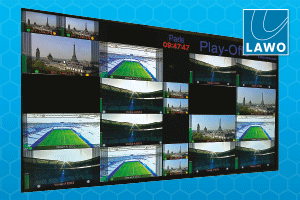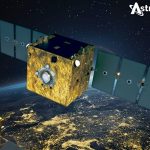The European Launcher Challenge is part of ESAs preparation for future European space transportation services, promoting a greater choice of European launch services and increased competitiveness.
 The European Space Agency (ESA) has announced the five companies selected to move forward in the European Launcher Challenge, an initiative aimed at fostering independent European launch capabilities. The preselected companies are Germanys Isar Aerospace and Rocket Factory Augsburg, Spains PLD Space, Frances MaiaSpace and the UKs Orbex.
The European Space Agency (ESA) has announced the five companies selected to move forward in the European Launcher Challenge, an initiative aimed at fostering independent European launch capabilities. The preselected companies are Germanys Isar Aerospace and Rocket Factory Augsburg, Spains PLD Space, Frances MaiaSpace and the UKs Orbex.
The challenge, launched after ESAs Council meeting in Seville in November 2023, officially opened for proposals in March 2025. During the Paris Air Show in June, ESA confirmed that it had received a total of 12 submissions. The five shortlisted companies were announced on 7 July following an evaluation based on several criteria, including technical and business maturity, sustainability, alignment with institutional market needs, and adherence to ESAs procurement rules.
With the preselection complete, ESA will now enter discussions with each of the selected companies and their respective Member States. These talks aim to shape the proposals in preparation for ESAs Ministerial-Level Council Meeting (CM25) scheduled for later this year. At CM25, Member States are expected to decide on funding commitments for the initiative. Once funding decisions are made, ESA will issue a Phase 2 call for proposals, open exclusively to the five preselected companies. Final contracts will be awarded following an additional round of evaluation.
Successful candidates may receive contracts covering two key components. The first, Component A, involves providing launch services for ESA institutional missions between 2026 and 2030. Component B focuses on advancing launch capabilities, including at least one demonstration flight. ESA has proposed a maximum budget of 169m per challenger to support all activities under both components.
Unlike traditional ESA programmes that follow the geo-return principleallocating contracts in proportion to a Member States financial contributionthis challenge adopts a different approach. ESA has preselected the contenders independently, and it is now up to each host country to determine whether it will financially support its respective national candidate. This setup places Germany in a potentially difficult position, as it must decide whether to fund one or both of its selected companies.












































































